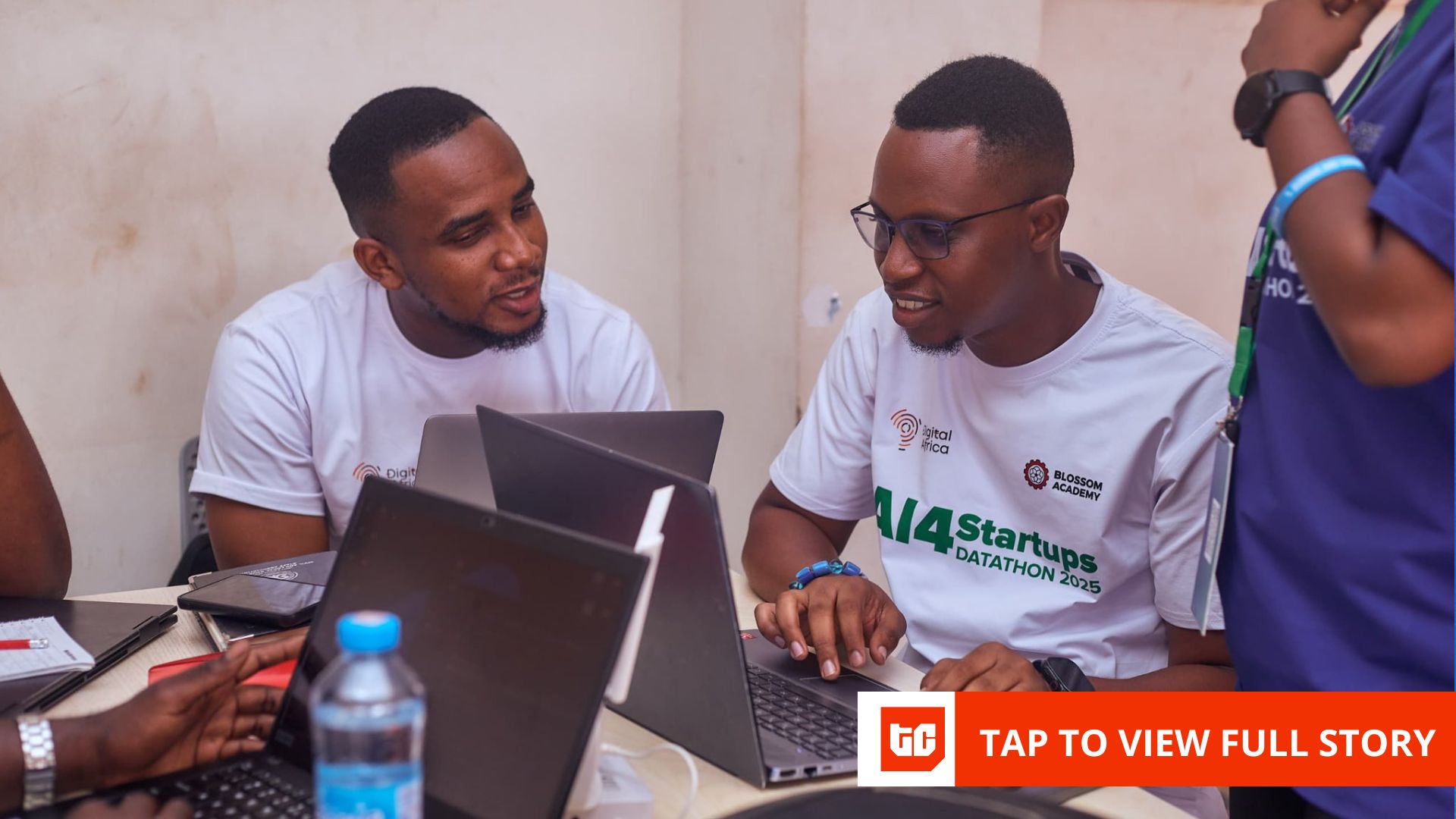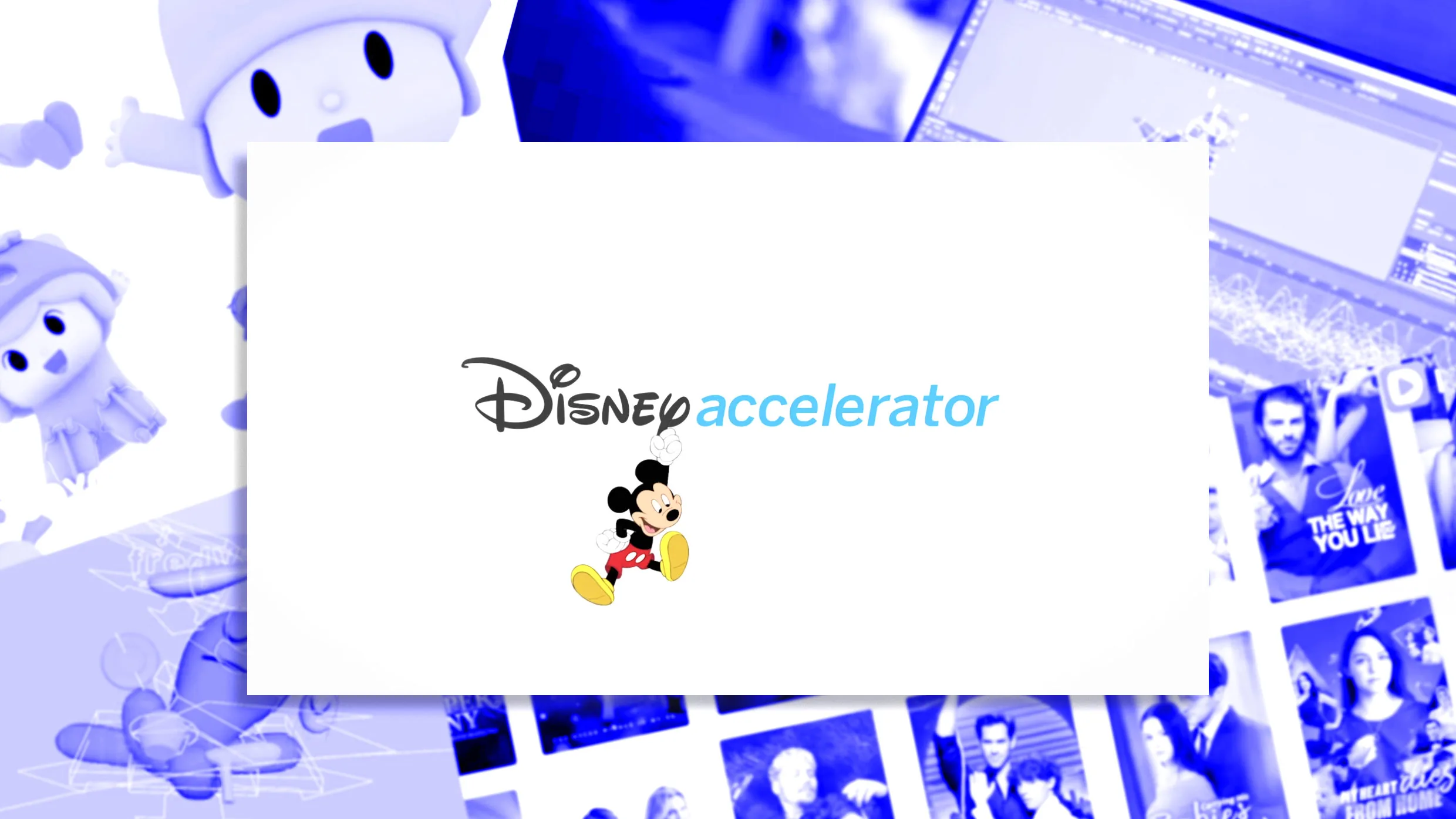When Jeph Acheampong returned to Ghana in 2015, he didn’t plan to start an academy. He only wanted to teach a group of orphans life skills through entrepreneurship. But that experience changed his path. Many of his childhood friends—all university graduates—were jobless or underemployed. Having studied and worked in the United States, Acheampong began to ask why opportunity seemed so unevenly distributed.
“The only difference between me and them was opportunity,” he told in an interview. That realisation would grow into Blossom Academy, a startup that wants to redefine how Africa builds and deploys tech talent in the age of artificial intelligence.
Acheampong’s career on Wall Street as a data solutions consultant, and later as a founding member of Esusu Financial, a U.S.-based fintech unicorn, gave him a front-row seat to the power of data. He saw how data-driven decision-making was transforming industries in the West and wondered why African companies weren’t doing the same. The turning point came during a fellowship in Kenya from 2018 to 2019, where Acheampong observed that local firms were outsourcing their data projects abroad.
“It didn’t make sense,” he says. “There were talented young people everywhere (on the continent), yet companies said they couldn’t find qualified local talent.”
In 2018, he launched Blossom Academy to bridge that gap, starting in Ghana and expanding to Nigeria and Rwanda. The model was to train young people in data analytics and AI, place them in paid internships, and help them secure full-time roles. Supported by partners such as the World Food Programme, MasterCard Foundation, and the Internet Society Foundation, the program offered fully funded courses lasting three to four months, followed by six-month internships.
Blossom claims to have an 85% career placement rate, with roughly 60% of fellows retained after internships and most of the remainder finding jobs within two months. Graduates have gone on to work with international NGOs and global firms, some earning up to $6,500 monthly, a remarkable leap in a region where median graduate wages can fall below $100.
But scaling the model across countries has required adaptation. “Our original training-plus-placement model works in Ghana but isn’t easy to replicate everywhere,” Acheampong explains. In Nigeria, for instance, Blossom shifted to an “underemployed professionals” model—targeting people already working but underpaid, and helping them either get promoted, switch careers, or secure freelance opportunities on platforms like Upwork and Fiverr. In Rwanda, a hybrid model combines in-person and online training.
That flexibility has become critical to Blossom’s success. The academy now trains not only unemployed youth but also professionals across industries, from agriculture and finance to healthcare, who need to integrate data into their daily work. Programs are increasingly sector-specific, with partnerships that tailor data analytics to particular domains.
“We recently ran a program with the World Food Programme on agricultural data,” Acheampong says. “We also design curricula for banks and financial institutions, ensuring that participants apply data analytics directly to their fields.”
Blossom’s approach contrasts sharply with earlier talent accelerators like Andela, which initially hired and retained software engineers before pivoting to a broader remote-talent model. Acheampong says Blossom deliberately avoided the retention model. “We don’t keep graduates,” he notes. “Our goal is to help them work across companies while encouraging firms to build data-driven teams from scratch. The first time many of our partners hire a data professional is through Blossom.”
“The question now is, how do we democratise access to internships and work experience?” he says. “Maybe not everyone needs to go through the full training if we can connect them directly to meaningful projects.”
Still, the road hasn’t been easy. It costs about $1,250 to train and mentor one fellow over ten months, and with limited consumer spending power, most programs remain donor-funded. Blossom has so far raised a total of $3 million in grants and service contracts at different times from development agencies like Livelihood Impact Fund, African Collaborative, Patrick J. McGovern Foundation, Internet Society Foundation, Expo 2020 Dubai, and Mastercard Foundation (though a coalition program led by Generation.org), but Acheampong admits that fundraising is exhausting.
“We are currently raising funding to scale our new tuition program, the ‘Certification for Business Data Analytics’ through the International Institute of Business Data Analysis,” he said.
To build sustainability, Blossom is experimenting with income-share agreements—allowing students to pay back a portion of future earnings—and expanding its corporate training division, Blossom Corporate, which offers AI and data upskilling to governments and multinational firms like Olam Ghana.
The company is also investing in partnerships that expose students to global mentors and tools. “We’ve worked with professionals from Google DeepMind, IBM, and a UK trend forecasting company called WGSN,” Acheampong says. “They mentor our students so they understand not just the tools, but also the work culture and expectations in international settings.”
For Acheampong, the long-term goal is building a data-literate generation capable of powering Africa’s AI economy. Yet he acknowledges that the continent faces structural challenges, from limited data center capacity (less than 2% of the global total) to chronic electricity shortages. “Without infrastructure investment, Africa’s youth risk being confined to the lower-skilled end of the AI value chain,” he warns.
Despite these hurdles, Acheampong remains optimistic. “Africa’s biggest advantage is our people,” he says. “The cost of hiring a talented African for a year can equal the cost of one robot in the West. If we harness our human capital well, the AI revolution can actually work in our favor.”
For now, success at Blossom means tangible progress; students earning more, finding purpose-driven jobs, and replicating the model in their own communities. Some alumni have even launched their own data academies, extending Blossom’s impact beyond its walls.
“In the end,” Acheampong reflects, “our measure of success is simple: did we help someone build a career that changes their life? If the answer is yes, then we’re doing something right for them and for Africa’s future.”










